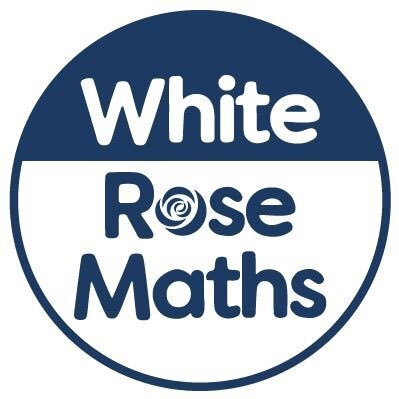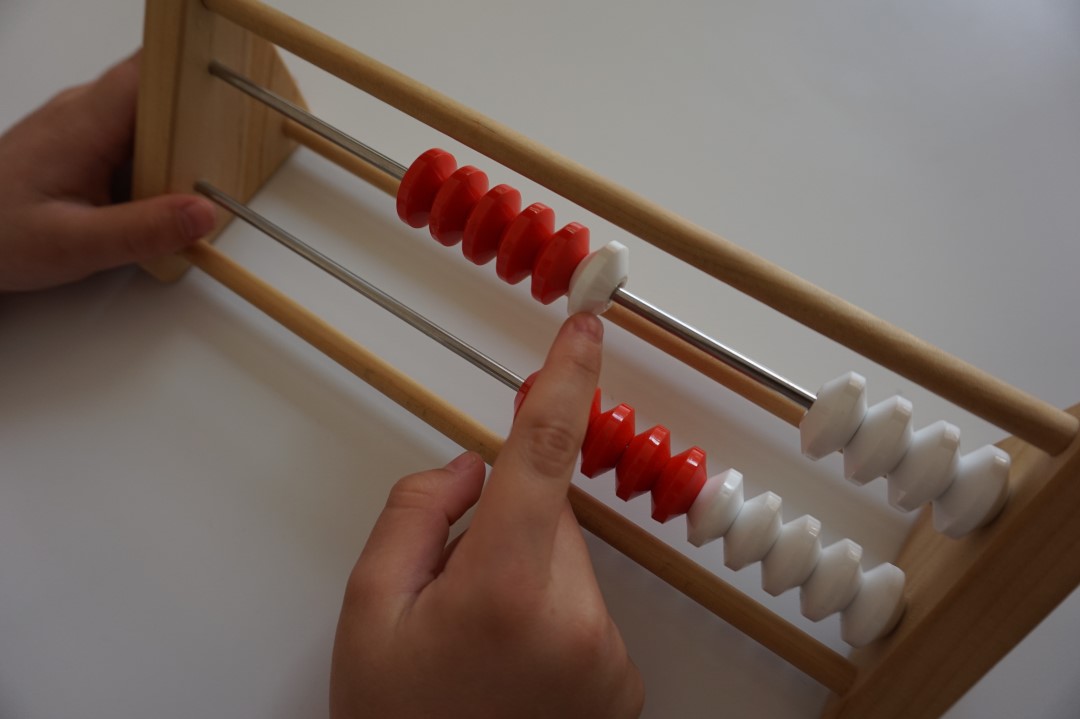Maths
At Chesterfield, our intention is to provide children with opportunities to develop their mathematical thinking to achieve confidence and competence in maths. Our curriculum is designed so that it is accessible to all. We want all our children to develop a love of maths, by guiding them to explore ideas, make observations and find connections. We intend to provide opportunities to show students that Mathematical knowledge is important for solving everyday problems and challenges.
We place a large emphasis on talk in maths, and constantly encourage children to explain their reasoning using mathematical vocabulary. Our approach ensures the children are able to work independently and collaboratively, and are willing to take risks. By the end of Key Stage 2, we intend to develop learners with inquisitive minds who have secure mathematical foundations.
The National Curriculum for mathematics aims to ensure that all pupils:
- Become fluent in the fundamentals of mathematics, including through varied and frequent practice with increasingly complex problems over time, so that pupils develop conceptual understanding and the ability to recall and apply knowledge rapidly and accurately.
- Reason mathematically by following a line of enquiry, conjecturing relationships and generalisations, and developing an argument, justification or proof using mathematical language.
- Can solve problems by applying their mathematics to a variety of routine and non-routine problems with increasing sophistication, including breaking down problems into a series of simpler steps and persevering in seeking solutions. Mathematics is an interconnected subject in which pupils need to be able to move fluently between representations of mathematical ideas.

Maths lessons in Year 1 through to Year 6 are planned and delivered using the White Rose scheme of learning. It is underpinned by the concrete, pictorial, abstract (CPA) approach. Classrooms have a range of mathematical resources made available for children in each key stage. These include, but are not limited to, Numicon, Base 10, place value counters, Bead string, number lines, digit cards and a hundred squares.
Pupils are taught through an evidence-based “I do, We do, You do” approach and are given the opportunity to practice through questions that are progressive and include a mix of fluency, reasoning and problem-solving so that children have opportunities to make explicit connections throughout their independent practice.
The expectation is that the majority of pupils will move through the programmes of study at broadly the same pace. However, decisions about when to progress should always be based on the security of pupils’ understanding and their readiness to progress to the next stage. Pupils who grasp concepts rapidly should be challenged by being offered rich mastery and sophisticated problems before any acceleration through new content. Those who are not sufficiently fluent with earlier material should consolidate their understanding, including through additional practice, before moving on.
In Key Stage 1, our aim is to ensure that pupils build fluency, reasoning and problem-solving skills through active learning. We want them to have confidence and mental fluency with numbers, space and measure. Pupils will have different opportunities within the sessions to use a range of methods and manipulatives that allow them to be effective learners. They will move to Key Stage 2 with the next step of applying their knowledge to more complex problem-solving and reasoning – making connections between multiple units and applying them through multi-step problems. This means they can then begin to apply and deepen their understanding of key mathematical concepts.
Mastering Number 
Chesterfield is taking part in the National for Excellence in the Teaching of Mathematics (NCETM) project to support the teaching of basic maths skills in our school. This project aims to secure firm foundations in the development of good number sense (a deep understanding of number) for all children from Reception through to Year 1 and Year 2. The aim over time is that children will leave KS1 and begin KS2 with fluency in calculation and a confidence and flexibility with number. Research shows that children with secure ‘number sense’ early on will make more progress later on in Maths and across the curriculum. Each class, in KS1, has a daily ‘Mastering Number’ session in addition to their Maths lesson. Over the year, the children will experience using a range of resources and representations, including a small abacus-like piece of equipment called a rekenrek:

Times Table Rock Stars 
We use Times Table Rock Stars to support children’s learning of times tables and Key Stage 1 participate in number bond practise. Times Tables are at the heart of mental arithmetic, which in itself helps form the basis of a child’s understanding and ability when working with number. Children in Year 3 to 6 also engage in daily 10-minute focused times table practice that utilises a combination of recall practice and chanting.
The expectations for each year group for timetables and number bonds are as follows:
Year 1 - number bonds to 10 and 20
Year 2 - number bonds to 10 and 20 and 2x, 5x, 10x
Year 3 - 3x, 4x, 8x
Year 4 - 6x, 7x, 9x, 11x, 12x
Year 5 - All x and ÷ facts (12x12)
Year 6 - All x and ÷ facts (12x12) and related language/symbols e.g. % and square root
At Chesterfield, children are encouraged to log in to Times Tables Rock Stars every day to practice their times tables and improve their knowledge of related division facts. Once the children have learnt the times tables and related divisions by heart, they are able to work far more confidently – and efficiently – through a wide range of more advanced calculations. We believe that through a variety of interactive, visual, engaging and rote learning techniques, most children can achieve the full times table knowledge required by the end of Year 4.

